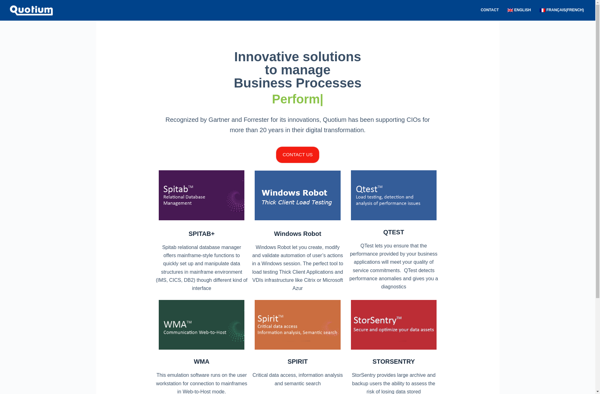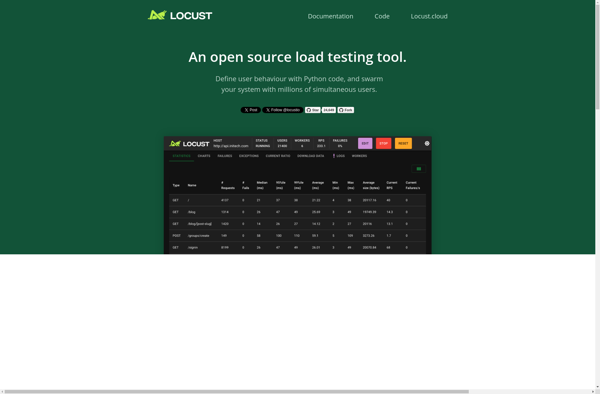Description: AgileLoad is a load and performance testing tool for web and mobile applications. It allows you to simulate hundreds or thousands of virtual users to test the load capacity and performance of apps and websites.
Type: Open Source Test Automation Framework
Founded: 2011
Primary Use: Mobile app testing automation
Supported Platforms: iOS, Android, Windows
Description: Locust is an open source load and performance testing tool written in Python. It allows developers to test the performance of their web applications by simulating large numbers of concurrent users making requests.
Type: Cloud-based Test Automation Platform
Founded: 2015
Primary Use: Web, mobile, and API testing
Supported Platforms: Web, iOS, Android, API

